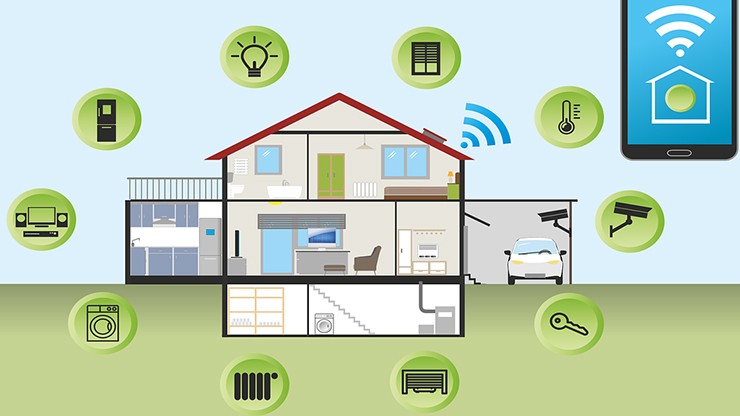
Backdrop: Smart healthcare — Smart sensors monitors the human body stats realtime and so making the treatment proactive then being reactive. Various sensors can let doctors monitor people realtime and remotely. Increase the life expediency and quality of life.
With the introduction of Internet of Things (IoT) a lot has changed in a number of industries in order to hit the path of betterment. The health care industry is one such area when it is successfully been utilized for improved health outcomes.
The IoT is slowly permitting the health care industry to lower its dependency on humans. Although IoT medical devices might not always astonish the everyday consumer, these devices are steadily improving health care and offering early diagnosis and treatment for serious issues. With time, the smart healthcare market is expected to grow at a CAGR of 24.55% during 2016-2020.
In several industries, sensors have developed to play a vital role in the detection of biological, chemical, physical signals etc. In healthcare, for delivering care directly to the patients, sensors offer the mechanical vision for analyzing, counting, sorting as well as robotic guidance.
Smart sensors in the medical field are capable collecting the patient data dynamically to motivate preventive care and diagnostics along with the measurement of treatment results. This device is quite helpful as it reduces effort and saves time both for the patient and the doctor.
The use of sensors works to combine analytics and sensor data, based on which reports are made which highlight the patient’s early health condition. Hence, depending on the requirement different types of sensors are being used. The various types include:
Also, tissue embedded sensors like pacemakers & defibrillators.